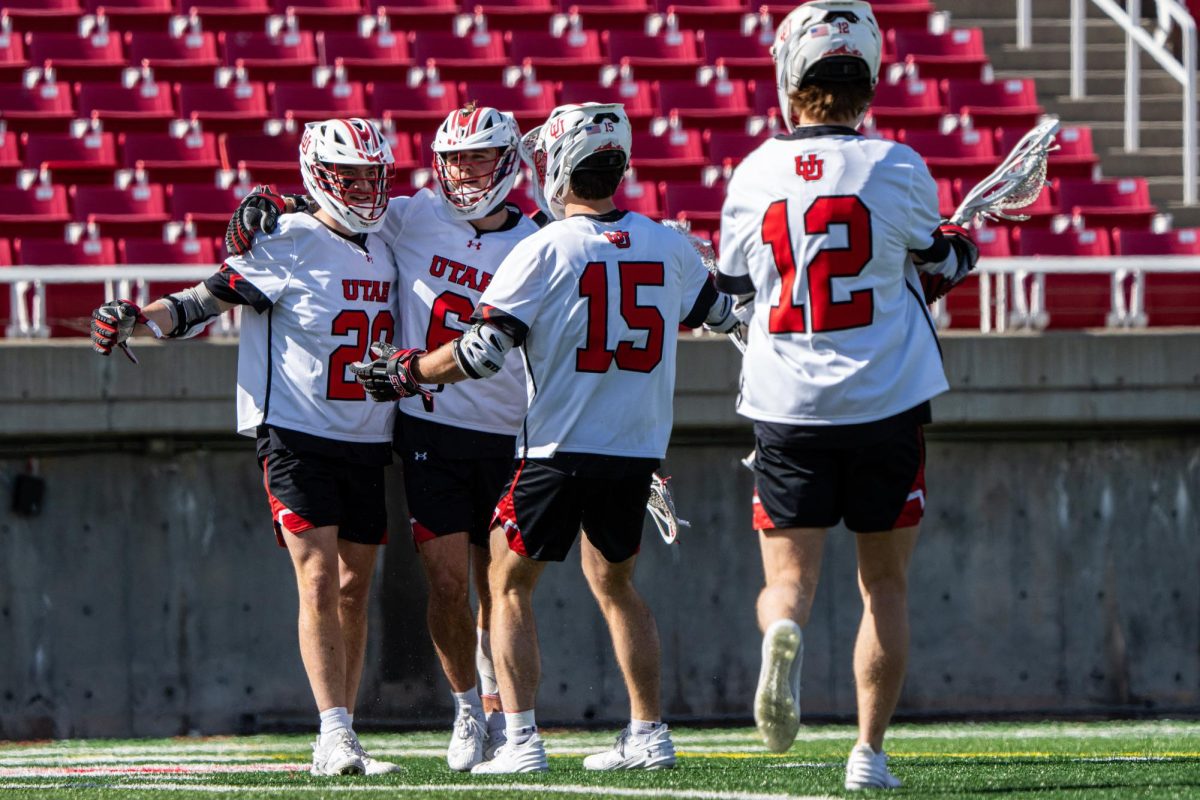Poma: Immigrants Are the Unsung Heroes of the Pandemic
January 26, 2021
We’ve all struggled through this pandemic in one way or another, but some have faced harsher challenges than others — especially those in immigrant communities. Many of the common hardships that stem from the pandemic affect immigrants disproportionately, but state and local leaders haven’t addressed this disparity with the thoughtfulness or focus it demands. We need to acknowledge and address the battles immigrants are facing because of COVID-19 in a more constructive manner, rather than through a political lens. We have so much to learn from their communities and a responsibility to help them thrive, especially now.
In the past, I’ve written about Trump’s immigrant coronavirus policies — and while it’s certainly important to be involved in and understand that side of the subject, I’ve noticed we tend to get swept up in the politics of issues like immigration rather than the people they affect. People of color continue to struggle in myriad ways because of the pandemic, and we don’t really hear about it in the news — at least not as much as we should or did initially.
Like other marginalized groups, immigrants have a higher risk of contracting the coronavirus than US-born citizens, which affects everything from their jobs to the way they recover from COVID-19. For instance, immigrants are at greater risk of exposure to the coronavirus at work, given the types of industrial-level jobs they often occupy. Their job security often hangs in the balance, even without the complications of a global health crisis. Many immigrants, especially those who are undocumented, lack adequate healthcare access, which is crucial now. People without documentation who contract COVID-19 often end up caring for themselves or having family care for them at home rather than receiving professional medical treatment.
Of course, millions of non-immigrants in the US are also worried about contracting the virus, losing their jobs and paying for healthcare. So what’s different about this crisis for immigrants than it is for the average American? Many factors make these issues more prevalent in immigrant communities. Widespread poverty and a lack of health insurance among immigrants make it harder for them to afford treatment for COVID-19 should they contract it. Along with that, immigrants often live in close communities with extended families living in one household. Such close quarters put immigrants at a greater risk of not only easily contracting the disease but spreading it to their loved ones, which many of these families can ill afford. And now that we’ve started administering the coronavirus vaccine, many immigrants are nervous about discrimination and insurance coverage should they want to receive it.
Some of my own immigrant family members have been scared to go to the doctor when they contracted COVID-19 and wondered if it would be worth the costs even when their conditions worsened. These same family members wore masks, followed proper workplace procedures and were cautious overall. But their workplace exposure levels trumped all of that, and they happened to contract the coronavirus in spite of their best efforts to stay safe. It has been scary to witness, and even though those members of my family recovered from the disease, I know many others with similar stories are still struggling.
Immigrants’ plight during this crisis is worthy of our attention simply because they are human beings — but it’s worth noting that they play critical roles at every level of our society. For example, immigrants helped develop the COVID-19 vaccine, a fact that has not been widely acknowledged. Even before the pandemic, immigrants were essential to keeping the economy afloat. If immigrants are not properly cared for, neither is our economy. If we fail to recognize immigrants for their hard work and contributions to American culture and success, we fail as a country.
Utopian as it sounds, it’s true that we need to uplift and uphold those who keep our economy and society running rather than leaving them to struggle alone. Just as we’ve acknowledged essential workers throughout this crisis, we must recognize that immigrant essential workers may have additional hardships that need to be addressed — and then we need to address them. Immigrants of all kinds need fair access to COVID-19 relief, and the sooner this happens, the better off our communities will be.
Perhaps most important, we must listen to immigrant communities to understand what they need. For too long, we’ve seen governments dictate the manner in which immigrants should navigate times of crisis without examining the social ramifications of neglecting their true needs. Realistic solutions must be proposed and implemented into our governments with issues facing immigrants — whether they’re related to COVID-19, documentation, access to healthcare or other problems. This does not mean working based on what we think they need or according to our political affiliations, but examining where our system falls short of supporting immigrants during unprecedented times.
It’s been said over and over since March that the coronavirus has revealed the cracks in our society — cracks our governments and communities often allow immigrants to slip through. Now is the time to change that. As we muscle through the challenging first half of 2021, we must continue to evaluate and implement strategies to help every single community that has been affected by this crisis. Though we’re still far apart this year, that’s no reason to reinforce our separation from and failure to support immigrant communities.











